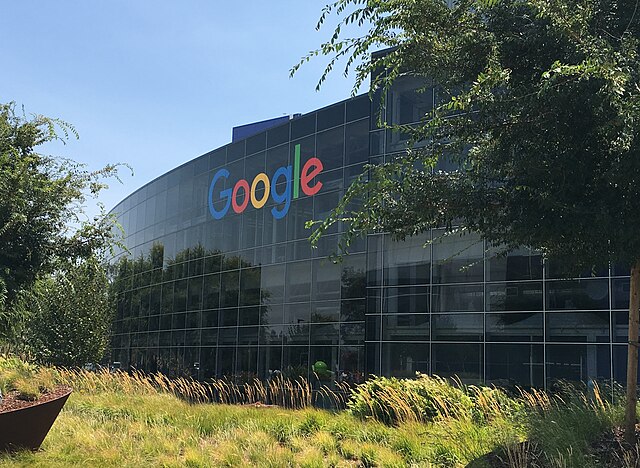The U.S. Department of Justice’s proposed remedies to curb Google’s (GOOGL) search dominance could pose a significant threat to Alphabet’s core profit engine while potentially hindering its progress in artificial intelligence. The DOJ announced that it may ask a judge to force Google (GOOG) to divest key parts of its business, including its Chrome browser and Android operating system, which prosecutors argue have been used to maintain an illegal monopoly in online search. These measures come at a critical time for Google, as it faces increasing competition from AI-powered platforms and search engines such as OpenAI’s ChatGPT and Perplexity.
The DOJ's proposed remedies go beyond structural changes and also include restrictions on Google’s data collection practices. Analysts believe that forcing Google to share its search data with competitors or allow websites to opt out of using their content to train AI models could severely weaken its competitive edge. For a company that has relied heavily on user data to fuel its ad revenues and AI advancements, such changes would not only impact Google’s current business but could also slow its AI growth at a time when rivals like Microsoft Bing and Meta Platforms are quickly advancing in the space.
Market Overview:- The DOJ proposed breaking up Google’s business, including divesting Chrome and Android to curb its search monopoly.
- Regulatory actions aim to restrict Google’s data collection practices, potentially giving competitors like DuckDuckGo and Microsoft (MSFT) Bing a competitive edge.
- Google’s U.S. search ad market share is forecast to fall below 50% by 2025, further pressuring its dominance.
- Proposed remedies could weaken Google’s ad revenue and give search rivals more room to grow.
- AI-related restrictions may slow Google's advances, especially as it faces competition from emerging AI companies.
- Analysts remain uncertain if these sweeping remedies will survive the appeals process, citing legal precedent from similar cases.
- The legal battle between Google and the DOJ could take years to resolve, with the potential for regulatory actions to reshape the tech landscape.
- Competitors in search and AI, such as Microsoft, Meta (META), and Amazon (AMZN), stand to benefit from a more level playing field.
- Investors remain cautious, as the proposed breakup and privacy measures could significantly impact Google’s future earnings and AI developments.
While the DOJ's efforts to dismantle Google’s search monopoly could eventually foster greater competition, it also raises concerns about the long-term effects on innovation within the AI space. By proposing measures that restrict Google’s data collection and force the company to share its resources with rivals, regulators may inadvertently stall advancements in artificial intelligence, an area where Google has been a leader. The tech giant’s U.S. search ad market share is already projected to decline, and additional regulatory pressures could further challenge its business model.
As Google grapples with increasing antitrust scrutiny, competitors like Microsoft Bing and DuckDuckGo are poised to capitalize on the regulatory landscape shift. However, analysts caution that the sweeping nature of the proposed remedies could face significant legal challenges, as history has shown with similar cases. The outcome of this case could set a precedent for how future regulatory actions target Big Tech companies, reshaping the digital economy for years to come.



